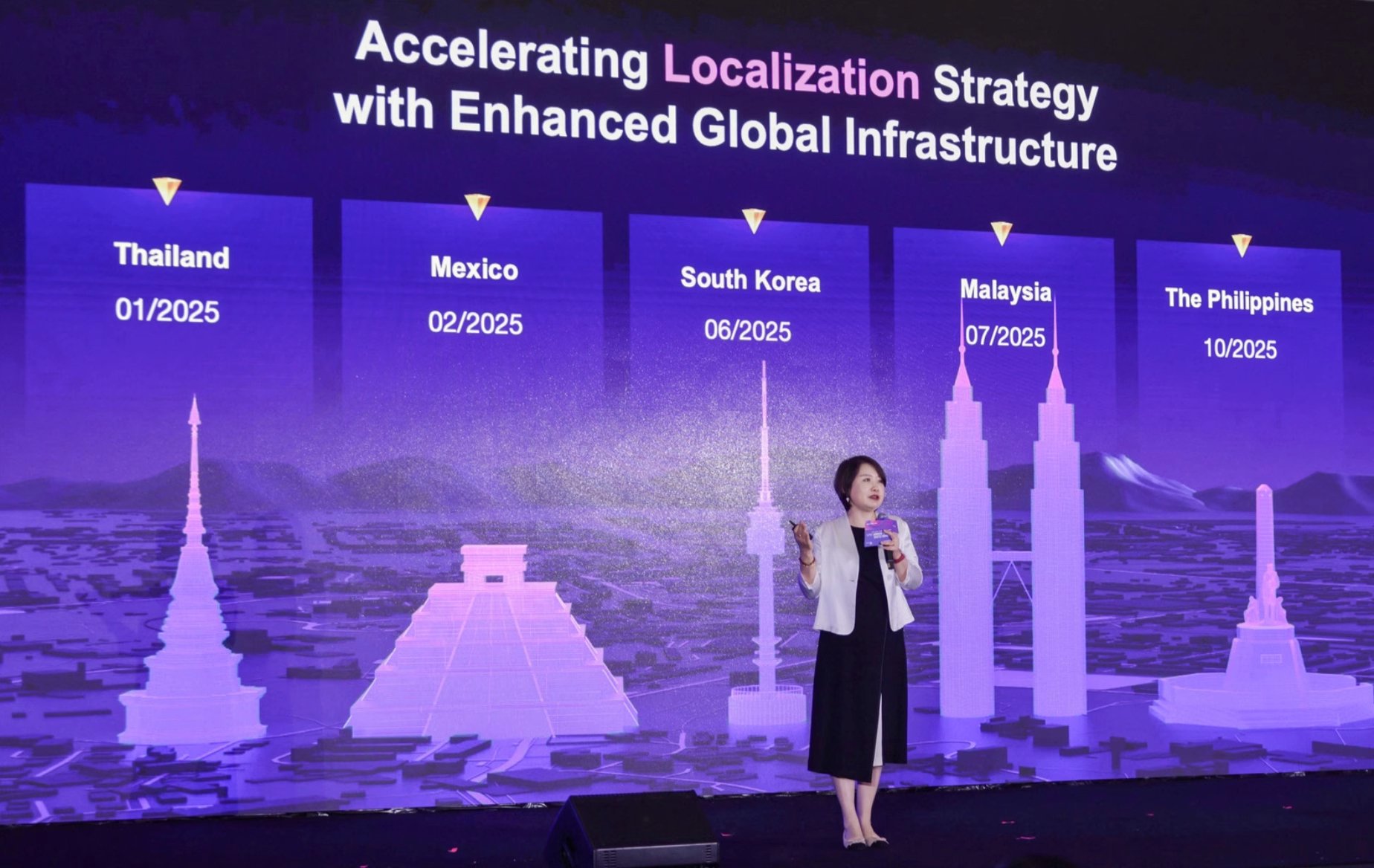
Editor
Lloyd Kelly Miralles chevron_right

Alibaba Cloud, the cloud computing arm of Alibaba Group, has made a significant move to strengthen its presence in Southeast Asia. The company recently unveiled its third data center in Malaysia, marking a key milestone in its regional expansion. Additionally, Alibaba Cloud announced plans to open a second data center in the Philippines by October 2025. This strategic expansion aims to meet the growing demand for secure, scalable, and reliable cloud services in the region.
Expanding Cloud Infrastructure in Malaysia
The newly launched data center in Malaysia is set to enhance Alibaba Cloud's ability to deliver robust cloud services to local enterprises, public sectors, and digital businesses. With Malaysia's increasing focus on digital transformation, the data center will provide cutting-edge cloud solutions, including AI, big data, and machine learning capabilities. The center is also expected to support the country's growing demand for cloud storage, database management, and data analytics services.
This move is part of Alibaba Cloud's ongoing commitment to developing and expanding its infrastructure in the region. The company’s previous investments in Southeast Asia have already made it a leader in providing cloud services, and this new facility will further solidify its position in the market. It also aligns with Malaysia's aspirations to position itself as a leader in digital innovation and technology in Asia.
Enhancing Cloud Services in the Philippines
In addition to Malaysia, Alibaba Cloud is expanding its operations in the Philippines, with plans for the opening of a new data center by October 2025. The data center will serve as a critical infrastructure hub for cloud computing services in the Philippines, a country that has seen a rapid digital shift across industries. From e-commerce to banking and healthcare, businesses in the Philippines are increasingly relying on cloud-based solutions to streamline operations and drive digital transformation.
Alibaba Cloud’s move to establish a data center in the Philippines will help address the rising demand for low-latency cloud services, offering local businesses enhanced capabilities to store, process, and manage their data securely. The presence of a data center in the country will also allow Alibaba Cloud to better serve its customers with faster, more efficient services, reducing data transfer times and improving service quality.
Alibaba Cloud’s Strategy in Southeast Asia

These expansions are part of Alibaba Cloud’s broader strategy to increase its footprint in Southeast Asia. The region is one of the fastest-growing markets for cloud services, with an increasing number of businesses shifting to digital platforms. To support this trend, Alibaba Cloud is investing heavily in expanding its network of data centers across key Southeast Asian nations.
The new data center in Malaysia and the planned center in the Philippines are both equipped with cutting-edge cloud technologies and infrastructure, including advanced security systems and energy-efficient features. By 2025, Alibaba Cloud aims to further strengthen its position in the Southeast Asian market, positioning itself as the go-to provider for businesses looking to adopt cloud and AI solutions to enhance their operations.
Alibaba Cloud has committed $52 billion over the next three years to expand its global cloud infrastructure, with Southeast Asia being a key region for growth. The company’s focus on improving cloud offerings and AI capabilities is aimed at fostering innovation and helping businesses across industries make the most of cloud technology to drive digital transformation.
Focus on AI and Cloud Innovation
As part of its strategy to remain a leader in cloud and AI technologies, Alibaba Cloud continues to invest in developing advanced artificial intelligence applications. The company has already launched several AI-powered solutions that help businesses in Southeast Asia improve operational efficiency, customer service, and decision-making through data-driven insights.
The new data centers in Malaysia and the Philippines will enable Alibaba Cloud to better serve its growing base of AI-driven services, which include data analytics, natural language processing, and machine learning tools. These technologies are increasingly being used by businesses to automate processes, predict trends, and offer personalized experiences to customers.
Sustainability and Energy Efficiency
In line with global sustainability efforts, Alibaba Cloud's data centers are designed with energy efficiency and environmental impact in mind. The company has committed to using renewable energy to power its data centers, aligning with its broader goal to achieve carbon neutrality by 2030. By adopting green technologies and sustainable practices, Alibaba Cloud aims to minimize the environmental footprint of its operations while providing high-performance cloud services.
Future Outlook
Looking ahead, Alibaba Cloud’s expansion in Southeast Asia is set to play a significant role in the region’s digital future. With increasing investments in cloud infrastructure and AI technologies, Alibaba Cloud is poised to become a major catalyst for the digital transformation of businesses across industries, helping companies unlock new opportunities and improve productivity.
Source: Tech in Asia
